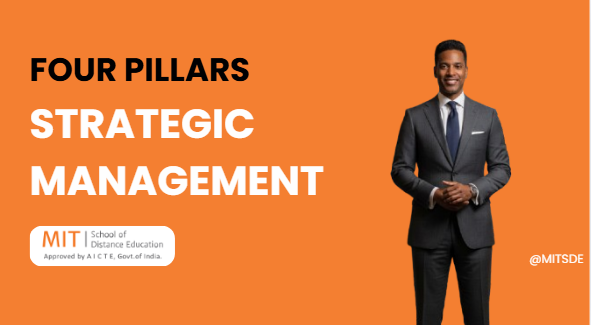With the ongoing digital transformation, technological upgradation, and a pandemic in tandem, the world has seen many changes.
The pandemic had pushed us into our homes. But today, as the restrictions are gradually easing, the work models have been revised. Some companies prefer to continue with their work-from-home or remote work policy. A few are operating in a hybrid model while the rest are calling their employees back to the office.
All these changes are just 5-10 years old. Hence, the role of HRM has changed today. The HR department faces new challenges every day in managing its human capital.
In the post-pandemic world, HR functions too are diversifying. The corporate world is seeing changes in the organizational structure, increased usage of technology, and shifting focus on the mental & physical well-being of the employees.
The millennials and Gen Zs are more focused on maintaining and work-life balance and are choosing mental well-being over work.
This poses another challenge for HR managers to create a conducive working environment that focuses on equity, inclusivity, and diversity.
Considering the changing expectations in the management of people has led to changes in the roles & responsibilities of HR and workforce management.
Let’s take a look at the evolved skillset & HR processes required to become a successful HR manager in the changing business scenario –
- The HR manager has the task of maintaining a balanced workforce. This means, satisfactory representation of gender, ethnicity, and age.
- The HR managers are required to be empathetic toward employees.
- They are responsible for the kind of work environment in any company. Hence are expected to develop a culture of open dialogue in the organization.
- They need to plan for the future and be ready for any unforeseen contingencies. In this case, data helps the HR managers to assess future trends, based on which they can make policies or strategies.
- People Analytics helps to forecast attrition rates, hiring requirements, and seasonality, derive equitable pay & calculate fringe benefits.
- The work systems and technologies need to be updated to match the pace with changing times. Hence HR managers need to adopt new technologies.
- HR managers need to be aware of the laws and regulations about people management. Hence knowledge of the Acts, rules, and regulations is crucial.
- Employee motivation is also a prime responsibility of HR.
- Planning & executing training & development programs is a key functional area of HR.
- Actively listening to grievances & acting on them with empathy is a duty of HR.
- Data-driven decision-making is something that HR needs to stay abreast with. This helps in adequate & appropriate talent management and planning for ROI.
- HR professionals too have to adapt to the changes & stay in tune with them through skill updation.
Hence, pursuing a course in Human Resource Management seems like a wise choice. As a working professional, it becomes difficult to juggle between work and academics. In such a scenario, an online course in HR will help you gain updated knowledge without having to leave your job.
The benefits of an online HR course are –
- Flexibility – These courses are flexible as they can be pursued by anyone. The courses do not require the candidate to attend classes. They can be pursued while working. They are self-paced.
- Focused online learning – The courses are designed in a way that they focus on the skills necessary for the domain, are applicable, and are updated.
- Soft skills – These courses also focus on soft skills such as communication, corporate ethics, and social responsibility. Soft skills are the most sought-after skills by employers. This is the reason why employers are insistent on degree requirements, which is a proxy for soft skills.
- Age-limit – These courses do not have any age criteria. They can be pursued by anyone looking to gain knowledge at any age.
- No eligibility criteria – Many people are often deprived of higher education or college degrees as they do not fit the eligibility criteria. This eventually closes the doors to many opportunities despite possessing relevant skills. Distance education courses generally do not have any such criteria, thus making them easily accessible.
- Acceptability – Courses & certifications from reputed Government recognized institutes have acceptability worldwide.
- Technology – With evolving technology, the teaching-learning process has evolved. Latest
- Learning Management Systems like Canvas are making the learning experience hassle-free and easy for students. Thus enhancing the learning experience.
- Affordability – The online courses have a price range of Rs. 500 – Rs. 2,00,000 or more, thus making education open for people of any financial strata.
- ROI – The courses are customized to be domain-specific and impart the latest knowledge. Thus, the candidate can be easily absorbed into the industry, yielding a high return on investment.
- Affiliation – The candidate gets an alumni status of the institute upon course completion.
- Certification – Upon completion of the course, the candidate is awarded a degree or diploma, or certificate of completion. This certificate is a valuable addition to your resume.
Why choose MITSDE for an online PGDM HRM course?MIT School of Distance Education (MITSDE), brings to you a holistic approach to imparting necessary skills through a 21-month Human Resource Management course. The PGDM HR course covers the basics of HRM, people analytics, performance management, employee development, assessing employees’ performance, International HR practices, and the latest trend in E-HRM.


